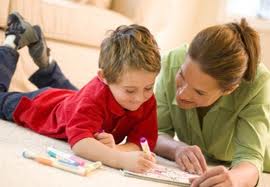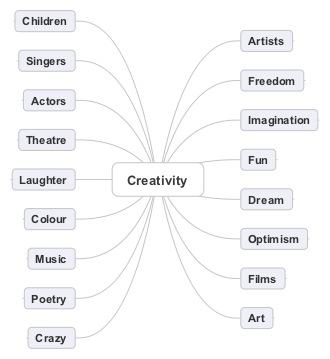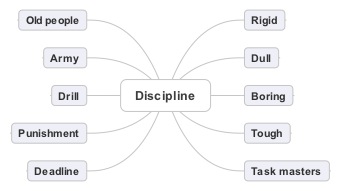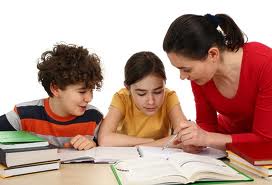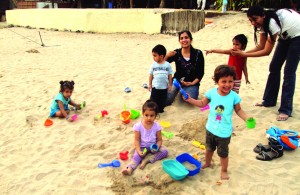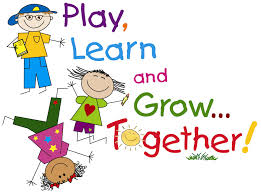 Children love to learn. In the first years of life, there really is no distinction between learning and play to a child and they get as much fun and joy from learning new things as they do from any game they play. So the years before kindergarten are a perfect time to use play time with you to begin their path toward conquering some basic principles that will be very helpful to them when they reach kindergarten.
Children love to learn. In the first years of life, there really is no distinction between learning and play to a child and they get as much fun and joy from learning new things as they do from any game they play. So the years before kindergarten are a perfect time to use play time with you to begin their path toward conquering some basic principles that will be very helpful to them when they reach kindergarten.
Many children’s games and books focus on helping your little one learn colors, shapes and other basics that will be good to have a firm grasp of before they reach kindergarten.You can make a game of knowing the color names and you will be surprised how quick witted your child is and able to pick up not just the basic 5-10 colors but many nuances of color as well. The same is true of shapes. While a child may have trouble saying “octagon”, don’t underestimate their ability to learn the names of the various shapes of their toys and blocks.
You can use play and reading time to also help your preschool child get a good grasp of the alphabet, how the letters look and numbers and counting. These will all be excellent basic skills of kindergarten that will make the step into formal school easy and smooth for your child.In fact, it isn’t out line to expect that your preschooler could learn to sign her name and do some basic letter shaping exercises before she starts kindergarten. How great would it be for her not only to have these core skills and areas of knowledge well in hand before school starts but to be able to start with that much confidence that she is smart and ready for school? That kind of confidence translates into big time success for any student starting on a big new adventure.
Along with using play time in such a productive way, there are many studies that have shown without a doubt that reading to your child every day is one of the finest ways to get them ready for school. If you read stories to your little one and allow them to look over your shoulder, you will be surprised how many words they will learn to recognize just from that casual time of loving relaxation with mommy or daddy.
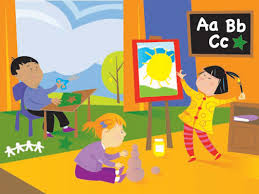 But reading is also one of the best ways to improve your child’s vocabulary and ability to speak clearly and expressively.Don’t be surprised if you find your child with books open early and often because you took the time to read to her even before she starts at kindergarten. And that love of learning is something that will stay with that child for the rest of her life. What a wonderful gift.
But reading is also one of the best ways to improve your child’s vocabulary and ability to speak clearly and expressively.Don’t be surprised if you find your child with books open early and often because you took the time to read to her even before she starts at kindergarten. And that love of learning is something that will stay with that child for the rest of her life. What a wonderful gift.
If your child loves to run and play as is very common in young children, you can use that to help them develop strong motor skills which will help in dozens of ways in school. Hand eye coordination not only will help your child do well in gym and playing sports, it will help in learning to write and many other related physical dexterity challenges that she will face in school. By looking at many of life’s simple pleasures that you enjoy in raising a preschooler as also opportunities to develop your child intellectually, physically and even socially in preparation for kindergarten, you are giving your baby wonderful skills, knowledge and abilities that will pay off big when kindergarten starts officially when she is five. And you will be thrilled to see her naturally step into the formal school world so well and begin to succeed because you took the time to get her ready well ahead of time.







